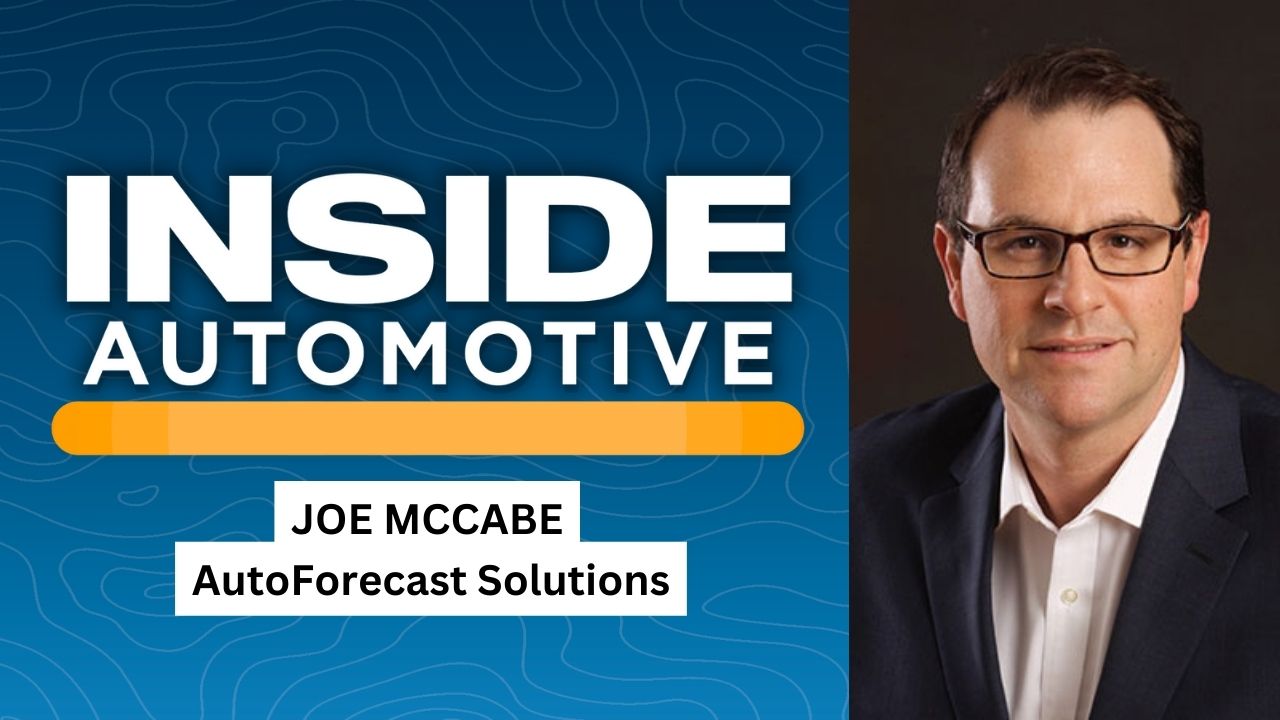As the automotive retail industry settles into 2024, there’s cautious optimism about returning to ‘near-normal’ vehicle inventory levels. This is a welcome change from the shortages that began in 2020. But, inventory challenges still loom, especially when it comes to vehicle affordability putting pressure on consumers.
Experts from Lotlinx have voiced their concerns and shared their predictions to shed light on what auto retailers can expect this year. Among the key challenges noted is the imbalance in the market. Today, many OEMs have a surplus of cars, reflecting the impact of economic headwinds.
“Typically, the industry considers a 60-day supply of new car inventory as healthy, yet currently, the overall marketplace stands at around 72 days as of January 2024,” explained Len Short, executive chairman and CEO of Lotlinx.
“However, there’s a notable challenge as some brands have over a 90-day supply while others have less than 40, indicating significant disparities. Base models are experiencing brisk sales, as are most mid-tier trim options, while highly optioned and luxury vehicles are facing challenges,” he said.
Consumers are now looking for more affordable vehicle segments. In light of this, larger, pricier vehicles like pickup trucks and SUVs could see a downturn. This opens up an opportunity for OEMs to fill the gap in the market for smaller, more budget-friendly models.
“American consumers in the market for a new vehicle will continue to face vehicle affordability issues related to high interest rates, tight credit conditions, and slow-to-recede new vehicle prices,” said Short.
“While we expect production levels and new vehicle sales will rise, OEMs are increasingly focused on large vehicles with high trim levels. Ultimately, consumers will decide the market direction through their purchases, but for now, they’re dealing with a challenging shopping environment,” he added.

How will this year’s auto retailing market compare to 2023? — Charlie Chesbrough | Cox Automotive (Watch)
The Federal Reserve has made 11 adjustments to interest rates since March 2022. These adjustments have pushed car loan rates to their highest since 2008. Credit conditions are essential in shaping consumer choices. They affect different buyer segments in different ways.
“One crucial aspect impacting the marketplace, particularly concerning credit, is the increasing number of consumers finding themselves ‘under-water.’ With rising interest rates, finance managers face challenges in finding solutions where the depreciated value of the car being traded-in can be rolled forward into a new loan,” Short shared.
High interest rates coupled with expensive new vehicles are changing how consumers behave. Yet, despite these shifts, Lotlinx has seen both new and used car sales remain relatively stable.
“In reality, these adjustments are likely minor in the realm of consumer behavior. While some individuals may be exploring alternative transportation options, we haven’t observed a significant exodus from the market in terms of demand. The trend of consumers transitioning from new cars to used cars persists, largely influenced by the lingering effects of the pandemic on new car supply,” said Short.
“The overall sales volume of new and used cars remains relatively stable when adjusted for seasonal fluctuations. Tight credit conditions have not significantly shifted demand between body segments, excluding the electric vehicle (EV) market. However, there’s a noticeable trend towards value-oriented options, with consumers opting for less optioned trucks or nearly new used vehicles, and shifting from full-size to mid-size SUVs,” he added.


Predicting the 2024 electric vehicle market and conditions — Joe McCabe | AutoForecast Solutions (Watch)
Lotlinx predicts a modest 1% growth in new car sales for 2024. Even with similar sales volumes, the performance of companies like Kia and Stellantis diverged. Kia had record sales in Q4, while Stellantis had a decline.
The crux of the matter lies in the consumer’s preferences. Lotlinx has identified a significant change in demand from pricier model lines to those within the same size and body segment but offered by value brands. Consumers still need vehicles. But, the high cost of luxury or heavily optioned vehicles limits them. So, they choose more affordable alternatives.
Most industry experts, along with Lotlinx, predict that vehicle affordability will continue to be a problem in 2024. Even if the Federal Reserve lowers interest rates, auto loan and lease rates may not necessarily fall. If defaults increase or lenders see more risk, they might not pass basis point changes on to consumers.
It’s also an election year, and there’s heightened tensions on a global scale. These factors may have a huge impact on the marketplace, going beyond credit and interest rates.






